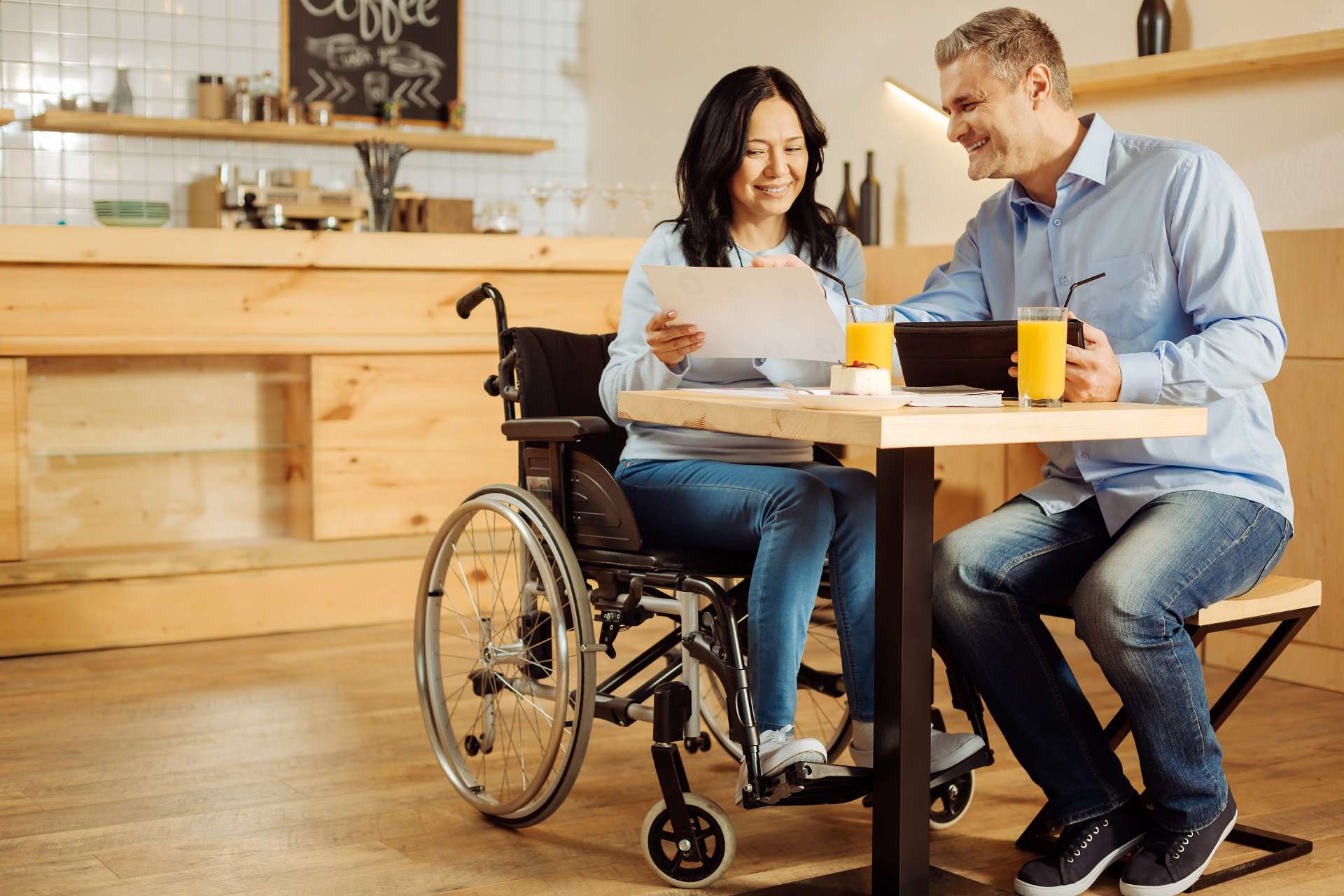The Vocational Expert’s Role at Social Security Disability Hearings

Social Security Disability Insurance (SSDI) is available to people who paid sufficient Social Security taxes during their working lives to qualify as an “insured” individual. An insured individual qualifies for SSDI when he or she is unable to engage in any “substantial gainful activity” because of a physical or mental impairment that:
- will probably result in death;
- has lasted for at least 12 months; or
- is likely to last for at least 12 months.
“Substantial gainful activity” refers to work that pays wages. A qualifying individual must be unable to return to the work that he or she did before the impairment occurred. The individual must also be unable to perform any other work that exists in the national economy. The individual’s age, education, and work experience are considered when deciding whether he or she can engage in substantial gainful activity.
As the Social Security Administration (SSA) explains the law, the question is whether an applicant for benefits (known as the “claimant”) is capable of working in a job that exists in substantial numbers in the labor force. The question is not whether there are current vacancies in any of those positions or whether the claimant would be hired for any specific job. Since the focus is on the national economy, the availability of jobs in the area where the claimant lives is not relevant.
The SSDI Process
Fewer than 40% of applications for SSDI benefits are approved when the Social Security Administration (SSA) makes an initial determination. Applications are typically rejected because an SSA official decides that the medical documentation is insufficient to prove the existence of a qualifying disability. It typically takes the SSA four to five months to make that initial determination.
When an application is denied, the claimant can request reconsideration. That request is usually accompanied by additional medical evidence. About 11% of requests for reconsideration are successful. It typically takes SSA about four months to process a request for reconsideration.
Claimants can appeal an unsuccessful request for reconsideration. They do so by requesting a hearing before an Administrative Law Judge who is employed by SSA. About half of all SSDI applications are approved by the time the administrative appeal process is completed. It usually takes more than a year to complete a hearing and to obtain a decision.
Vocational Experts at SSDI Hearings
One of the issues that often triggers a hearing is SSA’s doubt that impairment causes an inability to engage in substantial gainful employment. The administrative law judge (ALJ) who presides at the hearing will typically rely on the opinion of a vocational expert who is under contract to SSA. The claimant is also entitled to present the testimony of a vocational expert.
The SSA relies upon vocational experts to provide opinions about:
- the skill level and physical and mental demands of the claimant’s former occupation;
- the skill required and the demands of other occupations;
- the characteristics of work settings;
- the number of jobs within various occupations; and
- the ability to analyze transferable skills and to apply SSA regulations regarding the transferability of work skills.
The SSA expects vocational experts to have:
- current knowledge of, and experience with, occupational trends and local labor market conditions;
- experience in or knowledge of vocational counseling and the placement of disabled workers into jobs; and
- familiarity with the Dictionary of Occupational Titles and relevant governmental publications, including census reports, Bureau of Labor Statistics publications, and relevant studies published by state employment agencies.
An expert hired by a claimant should have the same knowledge base.
How Vocational Experts Testify
Vocational experts are not medical experts. The claimant will need to present medical records and reports that establish the extent of the claimant’s disability. The claimant may also testify about his or her limitations. A vocational expert will often be asked to assume that a defined set of limitations exists when forming an expert opinion about the claimant’s ability to work.
Vocational experts do not express opinions about whether the claimant is disabled. That is a decision that the ALJ makes, based on the medical evidence in addition to testimony from the claimant and vocational experts.
Whether the expert agrees or disagrees with medical evidence is not relevant to the hearing. If competing medical evidence is presented, the claimant’s lawyer will generally ask the expert to base opinions on the evidence that is most favorable to the claimant. The ALJ then decides which medical evidence is most persuasive.
Claimant’s Vocational Expert
Just as doctors may disagree about a claimant’s limitations, vocational experts may disagree about the existence of work in the national economy that the claimant can perform. Deciding whether skills are transferable, for example, requires the vocational expert to make a judgment call. While experts must apply objective standards in making that call, two experts may arrive at different conclusions based on the available evidence.
Claimants who retain a vocational expert can ask the expert for a preliminary review to decide whether an expert’s testimony will strengthen their case. Retaining an expert allows the claimant’s lawyer to gain an early perspective on the likelihood of success.
The claimant’s expert can also provide information that will help the attorney prepare to cross-examine the SSA’s expert. If the SSA’s expert ultimately agrees that the claimant cannot engage in substantial gainful activity, there may be no need to call the claimant’s expert to testify.
The ALJ can only base a decision on the evidence that the ALJ hears. If the ALJ only hears from the vocational expert who is under contract with the SSA, the ALJ will probably credit the expert’s testimony unless cross-examination is particularly effective. When the ALJ is provided with competing vocational expert evidence, the ALJ will need to decide which expert is more persuasive. Employing an expert can therefore make the difference between winning or losing an SSDI appeal.
An expert at
OAS can help attorneys for claimants in a variety of ways. Our experts have decades of experience in reviewing and understanding
medical records , assessing the ability to perform various kinds of work based on functional limitations, evaluating the
transferability of the claimant’s skills to other employment, and using government publications and private databases to determine the availability of jobs in the national economy that are consistent with the claimant’s age, work history, and physical or mental limitations.
Disclaimer: The information on this website and blog is for general informational purposes only and is not professional advice. We make no guarantees of accuracy or completeness. We disclaim all liability for errors, omissions, or reliance on this content. Always consult a qualified professional for specific guidance.








